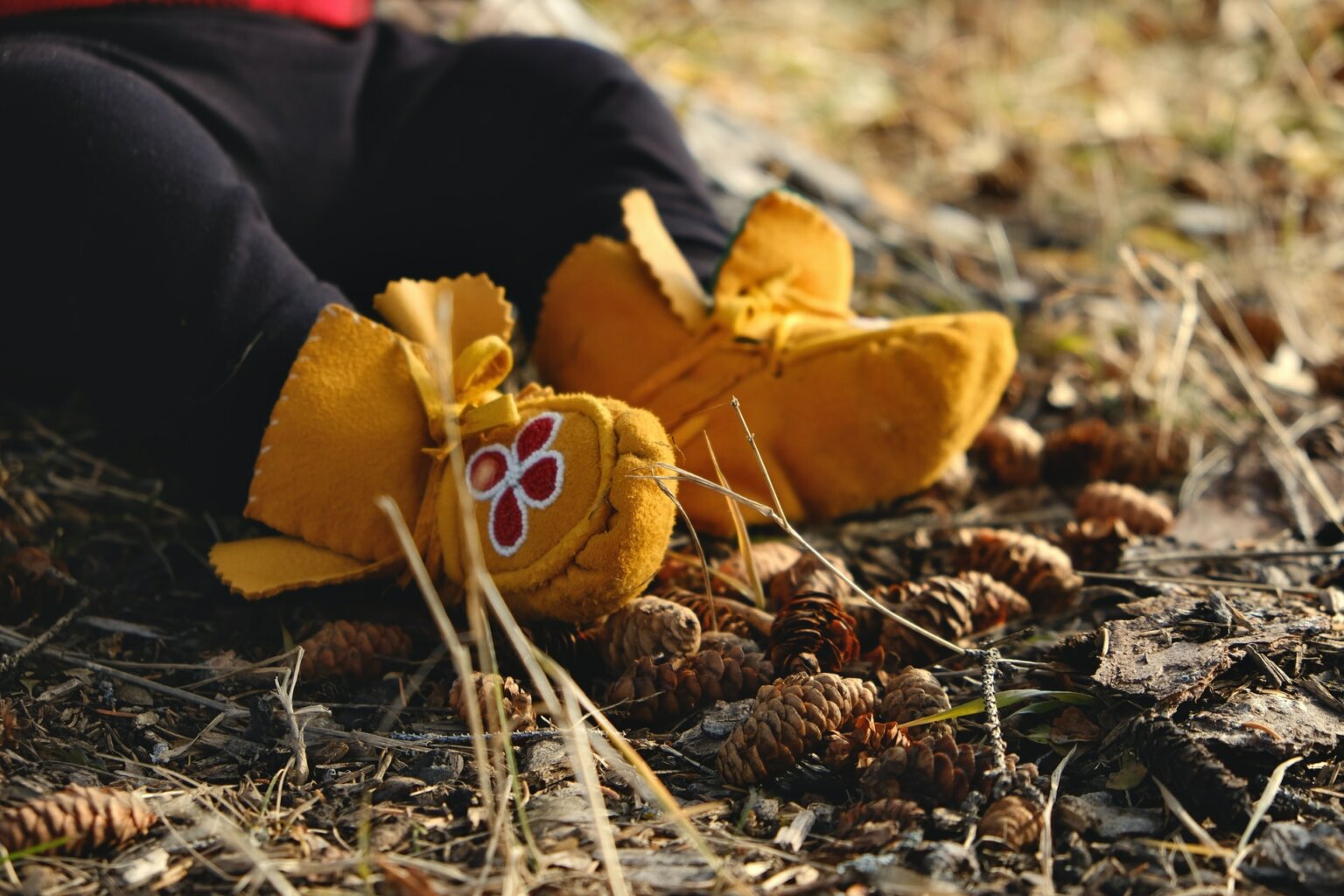- About
- Topics
- Picks
- Audio
- Story
- In-Depth
- Opinion
- News
- Donate
-
Signup for our newsletterOur Editors' Best Picks.Send
Read, Debate: Engage.
| topic: | Indigenous people |
|---|---|
| located: | Brazil |
| editor: | Ellen Nemitz |
Between September 11th and 13th, the third edition of the March of the Indigenous Women occurred in Brasilia, the capital city of Brazil. Women from various ethnicities participated in this significant demonstration, rallying under the slogan "Women Biomes in Defence of Biodiversity through Ancestral Roots."
The main goal of this year's march was to connect and reconnect "the potential of the ancestral voices that are the seeds of the earth" whilst strengthening "the work of indigenous women whose bodies and territories are on the move" and "debate the challenges and propose new dialogues to influence indigenous politics in Brazil."
It is truly remarkable to see the recent advancements made by indigenous communities. In 2022, they ran for legislative positions and won in some states as a part of a movement called "Bancada do Cocar," a reference to the headdress worn by them as a symbol of their culture.
Sonia Guajajara assumed the position of Minister of Indigenous Peoples - a bureau created under the third administration of Luiz Inácio Lula da Silva in 2023 - and Joenia Wapichana, the former deputy, is now head of the Indigenous People's Foundation (Funai).
The march calls on the world to protect Brazil's six biomes - Amazon, Pantanal, Cerrado, Atlantica Forest, Caatinga and Pampa - from the threats they are currently facing, besides bringing to the spotlight issues such as the violence against women and the right to equality.
The event gathered about 8,000 women from 247 communities from every corner of Brazil and abroad to mark the "fight for Mother Earth" and for the recognition of their existence. Representatives from 18 international communities were present, including Malaysia, Uganda, the USA, Peru, Kenya, New Zealand, Bangladesh, Russia, Indonesia, Guatemala and Finland.
"The aim [of the participation of people from other countries] is to exchange experiences to strengthen our struggle globally since we have very similar challenges, such as the impacts of mining, illegal mining or deforestation," said Guajajara, quoted by WWF.
At the end of the march, the coordinator-secretary of the Coordination of the Indigenous Organizations of the Brazilian Amazon, Marciely Ayap Tupari, read the open letter written by the women during the event. The document calls for establishing land boundaries and rejecting the time limit trick thesis, which invalidates Indigenous claims to lands they cannot prove they physically occupied on the day Brazil's constitution was enacted in October 1988.
The Supreme Court is still voting on the topic after several delays. The trial is suspended with four votes against and two in favour of the legislation. Voting is set to resume on 20 September.
"For us indigenous women, biodiversity is not separate from territory, and the distinction of lands is fundamental for preserving peoples and territories. We are biodiversity itself. We are humans, plants, lands, animals and waters," Tupari declared. "Without territory, there is no education, no culture, no food, no health. Without territory, there is no life." She also asserted that indigenous peoples in their territories, are guardians of the forests, actively acting to protect them and to reforest.
Image by Ugur Arpaci.

